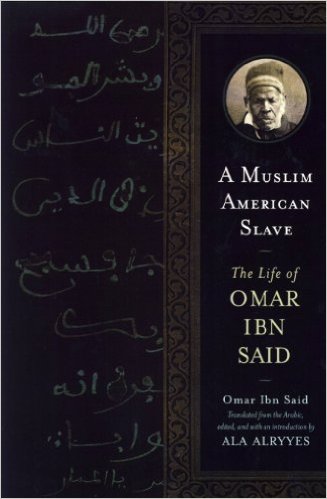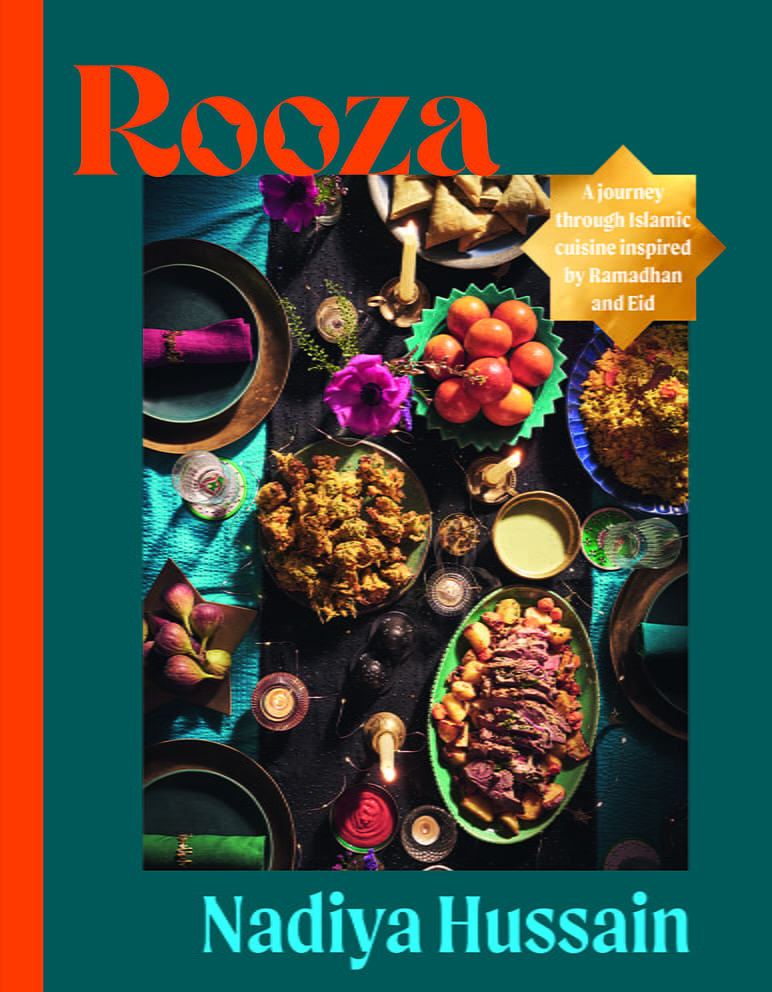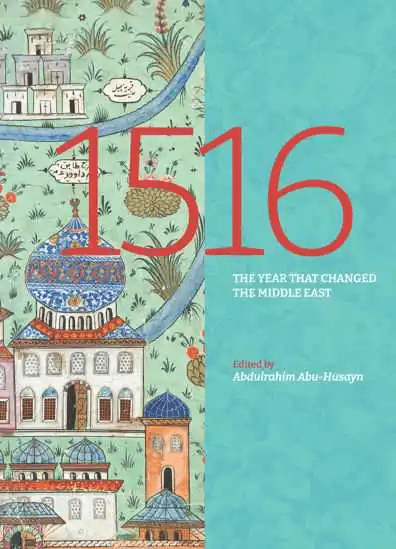
A Muslim American Slave: The Life of Omar ibn Said
Jonathan Curiel
Ala Alryyes, trans. and ed.
2011, University of Wisconsin Press, 978-0-29924-954-0, $19.95 pb.
In 1831, Omar ibn Said wrote his life story on 15 small pieces of paper—a simple accounting that seemed to placate his Christian overseers, who wanted to believe that the North Carolina slave had renounced Islam for America’s dominant faith. The manuscript was written in Arabic, which meant it had to be translated into what Said called “the Christian language” of his captors. As Yale scholar Ala Alryyes demonstrates in this important new study, Said embedded his memoir with road maps to his intimate views on Islam’s place in the world and in his own soul. Analyzing the text anew, Alryyes concludes that Said never relinquished the religion he had studied for more than two decades in his West African homeland. A Muslim American Slave contains more details and context about Said than any previous book, with essays by such contributing scholars as Sylviane Diouf, who details the intra-Muslim wars in West Africa that helped lead to Said’s enslavement. This book liberates Said’s autobiography, giving it a fresh perspective that makes more sense of the complicated times in which Said lived.
You may also be interested in...

The Great British Bake Off Winner Nadiya Hussain Gathers Global Recipes in Culinary Celebration of Ramadan
Nadiya Hussain's diverse recipes highlight the global unity of Muslim cultures and cuisines.
Editor Challenges Readers To Witness Islamic History Sans the Modern Lens In New Book
In 1516, Ottoman Sultan Selim I entered Damascus clean-shaven. What followed changed Arab-Turkish relations for 400 years.